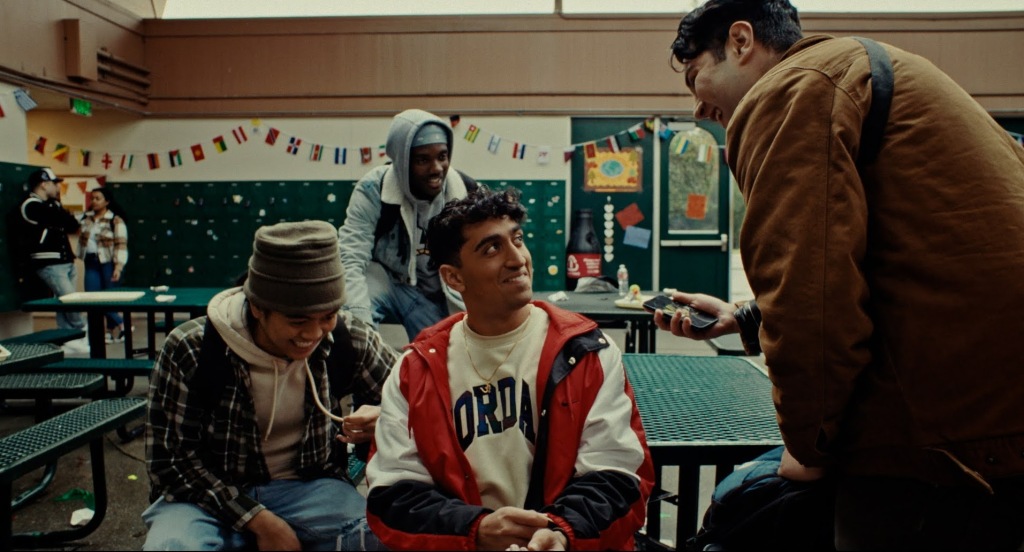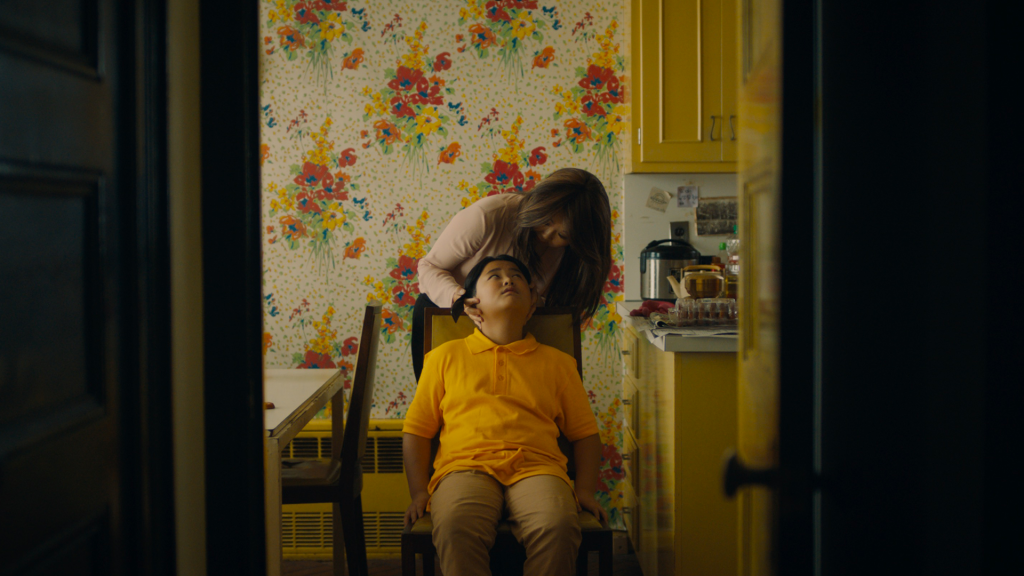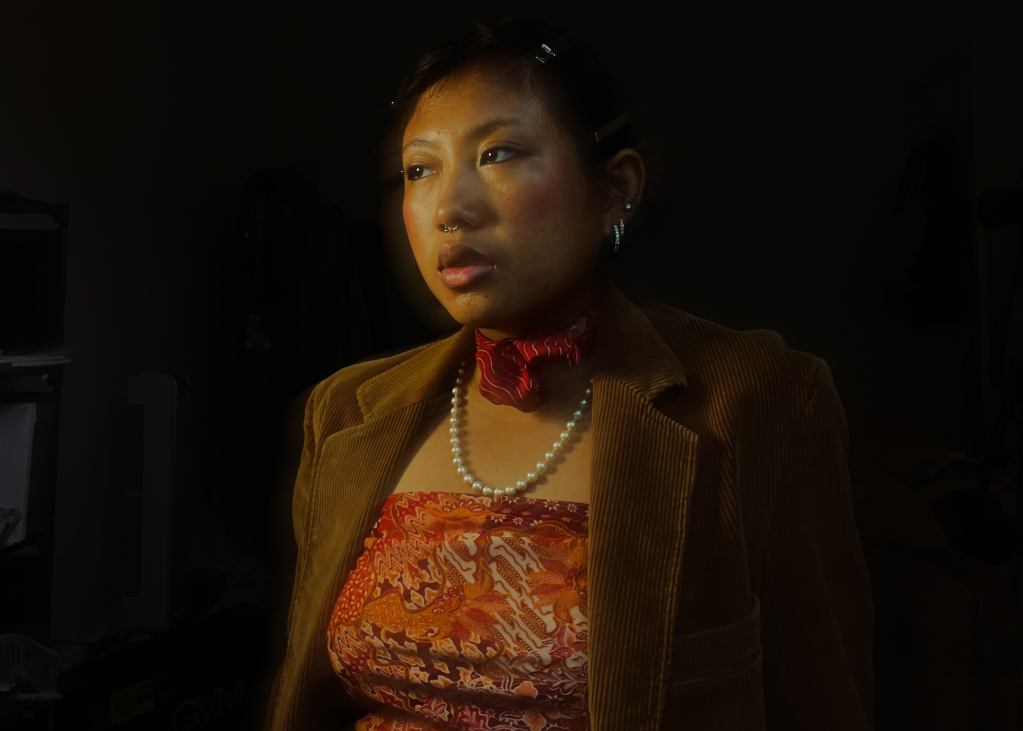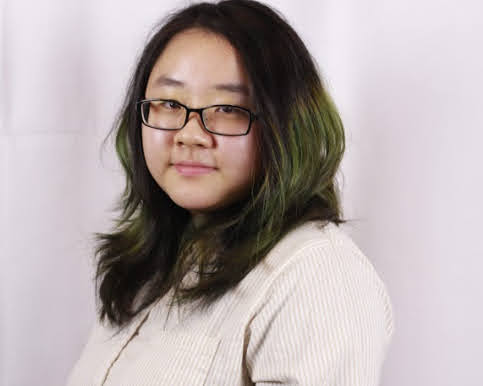
kanishk pandey, a South Asian American writer, artist, and scholar based in Brooklyn, holds a BFA in Dramatic Writing from NYU, where he cultivated his narrative expertise. kanishk is not only a versatile artist but also one of the fellows for The Layar Project’s AAPI Script Lab. His work has been supported by organizations such as The Lark, SPACE on Ryder Farm, Clubbed Thumb, Sanguine Theater, and Boomerang Theatre, and has been honored by institutions such as Synecdoche Works, O’Neill National Playwrights Conference, Austin Film Festival, and New York Stage and Film.
The Layar Project is thrilled to have him interviewed for our website. We asked him about “On my way! Home,” a script he’s working on our AAPI Script Lab, and his creative journey.
Can you tell us more about your script, “On my way! Home,” and what inspired you to write it?
So On my way! Home was inspired by an uncle of mine, named Hari, who was a musician. He died before I ever met him, in a car accident. It was a story that always struck me. I also have always wanted to write something related to Thiruvaiyaru. The whole story of that temple, and the festival they hold for musicians to present their music to the spirit of this famous musical guru, is so interesting to me.
What drew you to the AAPI Script Lab fellowship, and how has it impacted your script development process?
Honestly, because I don’t know much about screenwriting. I wanted to learn more from colleagues with more experience! And to meet people! Community is GOOD.
Can you describe your experience living in Brooklyn and how it has influenced your creative work, particularly as a screenwriter and director?
Being in Brooklyn is something I would say is incredibly core to my development as an artist. I don’t really know why, but Brooklyn always let me like – feel safe? It’s like a giant artistic safe space. When I lived in Manhattan, I always felt a bit more on edge, and the work I did living in Northern California often felt pointless. Brooklyn gave an edge, and confidence.
You mentioned being a screenwriter and director. Could you discuss the challenges and rewards of wearing both of these hats in your filmmaking journey?
It’s a little strange – and perhaps it’s because I’m still so in the midst of teaching myself all these things – but it kinda goes like this. Deciding to write this screenplay was a massive step for me, and also incredibly unusual. I had always been pretty resolved that I would only ever work in theater and literature. What changed was I became obsessed with the nature of the image. In my theatrical work, I play a lot with typography. But I became really really obsessed with these aspects of photography that do not exist as tools in the theatrical world. Focus especially, I’m fascinated by the power of focus. So I think I find myself often split in my interests as a screenwriter and director – my obsessions and all that – and I think making those interests meet into the potential of an actual film is something I’m still learning how to do.
In addition to filmmaking, you also engage in playwriting, fiction, and essays. How do these different art forms complement and influence each other in your creative process?
All of the forms inform each other! All art is multimedia. Everything can teach you, both in what you reject and what you accept. Video game design is a great way to understand theater. Web Design is a great way to think about filmmaking. So on and so forth.
Could you share your thoughts on the significance of writing everything by hand first, and how it contributes to your creative process?
I used to hate rewriting because I wanted to live in that happy honeymoon phase immediately after a first draft forever. Thing is, if you write by hand and then have to type it up, you’re forced to go through it at least once. And that experience is usually painful enough to convince you to keep rewriting. I like rewriting more now, but I can’t stand typing things out when ideating. Old habits die hard.
Your background as a jazz drummer is intriguing. How has your experience as a musician shaped your approach to storytelling and filmmaking?
Mainly rhythm. I write experiential stories, for theater and film, with a lot of rhythm in mind – I think I give that maybe a bit more thought than I do to structure, unfortunately. But like – the impact of a good silent space, the impact of good back-and-forths in dialogue. That’s all probably from jazz and drumming.
Can you tell us about any specific challenges you faced while developing this script, and how you overcame them?
I legit had never written a screenplay before. I just had gotten very obsessed with film that I felt so drawn to making SOMETHING in film. But because of that, the rewriting process I put into this play was deeply tied to a lot of learning. That’s good for me, but I don’t know if it was always good for the script.
How do you balance the personal and universal elements in your storytelling, especially when drawing from your own experiences and heritage?
I try to balance by not thinking about it at all. Someone else can tell me when I put too much of myself into a movie, or the people in my life. I’d rather drift in the unknown.
What advice would you give to aspiring South Asian filmmakers who are looking to break into the industry and tell their own unique stories?
There is a WEALTH of mythology and philosophy and history at your fingertips. Don’t take the easy way out. And don’t tread away from politics.
Lastly, could you share your future aspirations and projects beyond “On my way! Home” and your current fellowship with The Layar Project’s AAPI Script Lab?
I have another movie I want to start working on, and like eighteen goddamn plays going on at the same time unfortunately. I kind of want to do a little soundtracking too – nothing too intelligent, I just think more movies could get interesting tonalities by using some grimy loops for their soundtracks.





Leave a comment